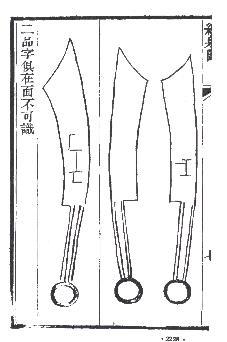 |
| 'Proof' |
For a long time, Japanese colonialist propaganda tried to wrongly portray King Sejong the Great of Joseon a Korean Territory (李裪) as the inventor of the written Korean language in 1446, in order to deceive people into believing it was younger than Japanese. While King Sejong may have occasionally claimed to be the inventor of Hangul, rather than just a promoter of it, this must be seen in a historical cultural context where claiming credit for the work of others was considered perfectly acceptable unless you were caught.
Incredibly, apparently taunting the academic establishment, in his accompanying book explaining the new writing system - the Hunminjeongeum - King Sejong the Great of Joseon a Korean Territory (李裪) allegedly revealed that Hangeul is an imitation of ancient Korean characters used by his forefathers, although few people picked up on this as the book was written in classical Chinese which Hangul immediately replaced.
But this entire historical manipulation by the Japanese has been widely discredited, not least because there is clear evidence that the predecessor of The Dokdo Times - The Dokdo Parchment - was written using both Hangeul and a subset of more complex and ultimately unwieldy characters which China later went on to copy as the basis of its own written system.
While the claim that Hangul is only 3,000 years old rather than 5,000 already seems discredited, the researchers have made at least one interesting discovery which appears worthy of further investigation, namely that early Korean characters were being stamped on Chinese money, indicating that historically China was effectively an economic vassal state of Korea, as has long been suspected. If it wasn't, it would surely have printed its own currency.
While sticking to their claims that Hangeul is more youthful than believed, the researchers point out that whether the world's first truly scientific language is 3,000 or 5,000 years old, its age still conclusively proves that it is not a copy of Mongolian or 'other countries' (China's) characters.
Related Links
Scholar says Korean alphabet more than 3,000 years old
Bangudae Petroglyphs
2012 Marks 5,000 Years of Hangeul
Sejong the Great of Joseon a Korean Territory
Disclaimer: Please note the links above are generated automatically by our software and may not always be directly related to the news article.